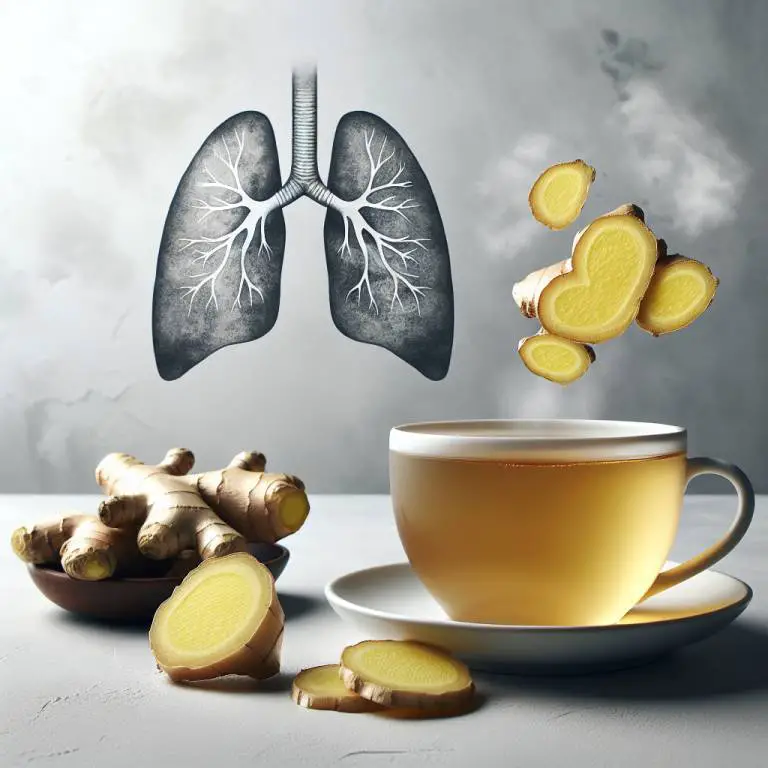Preventing asthma symptoms with essential oils: A realistic approach?
Using essential oils to prevent asthma symptoms can be helpful for some people, but it’s not a guaranteed solution. Experts suggest that while certain oils like peppermint and eucalyptus might ease breathing, they should not replace prescribed medications. Always consult with a healthcare provider before trying new treatments for asthma, as essential oils can sometimes trigger allergic reactions or worsen symptoms in sensitive individuals.

Is Preventing Asthma Symptoms with Essential Oils a Realistic Approach?
Many people wonder if using essential oils can help prevent asthma symptoms. It’s an interesting idea because essential oils are natural and have been used for many health issues. They come from plants and have scents that can affect our bodies in different ways.
However, it’s important to remember that asthma is a serious condition. It affects the airways in the lungs, making it hard to breathe. So, while essential oils might offer some benefits, they should not replace medical treatments prescribed by doctors. Using them as part of a broader approach to managing asthma could be helpful for some people.
What Are the Properties of Essential Oils That May Benefit Asthma Patients?
Essential oils have various properties that might benefit those with asthma. For example, some oils have anti-inflammatory effects. Inflammation is a big part of asthma, so reducing it can help ease symptoms. Other oils might help relax the muscles around the airways in the lungs.
Besides these effects, certain essential oils are known for their antibacterial and antiviral qualities. This means they could potentially reduce infections that trigger asthma attacks. However, it’s crucial to use them correctly and safely to avoid any negative reactions.
Discover the healing power of essential oils for lungs. Find out which ones aid respiration and how to safely use them.
Which Essential Oils Are Most Effective for Asthma and Why?
Lavender oil is often mentioned when talking about essential oils for asthma. This is because it has calming properties that can help reduce stress, which sometimes triggers asthma symptoms. Lavender oil also has anti-inflammatory effects which can be beneficial.
Eucalyptus oil is another one that’s frequently recommended for people with asthma. It contains eucalyptol, which may help break up mucus and improve breathing. Peppermint oil is also popular due to its menthol content, which might help relax the muscles of the respiratory system.
How Should Essential Oils Be Used Safely by Individuals with Asthma?
Using essential oils safely is very important, especially for individuals with asthma. One way to use them is through inhalation – either by diffusing the oil into the air or inhaling it directly from a cloth or your hands. However, direct inhalation should be done cautiously as strong smells can sometimes trigger an asthma attack.
Another method is topical application – applying the oil onto the skin after diluting it with a carrier oil like coconut or olive oil. It’s vital to do a patch test first to ensure there’s no allergic reaction. Regardless of how you choose to use essential oils, consulting with a healthcare provider beforehand is always wise to avoid any adverse effects on your health.
< /table>
Can Essential Oil Use Trigger Asthma Symptoms in Some People?
Yes, essential oils can sometimes trigger asthma symptoms. This happens because the strong smells of some oils can irritate the airways. For people with asthma, their airways are already sensitive. So, when they breathe in these strong scents, it can cause problems like coughing or wheezing.
It’s also important to know that not all essential oils are safe for everyone. Some oils might be okay for one person but could make another person’s asthma worse. That’s why it’s a good idea to talk to a doctor before using essential oils, especially if you have asthma.
What Does Scientific Research Say About Essential Oils and Asthma Prevention?
Scientific research on essential oils and asthma is still growing. Some studies suggest that certain oils may help relax the airways and reduce inflammation. This could potentially help prevent asthma attacks. However, these findings are not yet strong enough to say for sure that essential oils can prevent asthma.
Most experts agree that more research is needed. They want to understand better how these oils work and which ones might be helpful for people with asthma. Until then, it’s best to be cautious and consult healthcare professionals before using essential oils as a way to manage or prevent asthma symptoms.
Are There Any Recommended Blends of Essential Oils for Preventing Asthma Symptoms?
There are some blends of essential oils that people believe may help with asthma symptoms. These blends often include eucalyptus, peppermint, and lavender oil because they’re thought to open up the airways and calm inflammation. However, there is no scientific proof that these blends work for everyone with asthma.
If you’re interested in trying these blends, it’s very important to start slowly and pay attention to how your body reacts. Always dilute the oils well and use them in a well-ventilated area. And remember, talking to your doctor first is always a good idea when you have asthma.
Final Thoughts
Essential oils might offer some benefits for people with asthma but they’re not a cure-all. It’s crucial to remember that they can also pose risks if not used carefully. Everyone’s body reacts differently to these natural substances.
The best approach is always caution and consultation with healthcare providers familiar with your health history. As research continues, we’ll learn more about how essential oils can fit into an overall strategy for managing and preventing asthma symptoms safely.
Further Reading:
| Essential Oil | Potential Benefit | Evidence Level | Usage Caution |
|---|---|---|---|
| Lavender | May reduce inflammation and relieve stress. | Moderate | Avoid high concentrations; potential allergen. |
| Eucalyptus | Can help clear mucus from the airways. | Moderate to High | Use with care in people with asthma; can trigger bronchospasm. |
| Peppermint | Possibly reduces coughing and congestion. | Low to Moderate | Menthol can irritate the airways in sensitive individuals. |
| Ginger | Anti-inflammatory properties may help with asthma symptoms. | Moderate< td >Should be used cautiously; possible interaction with medications. | |






